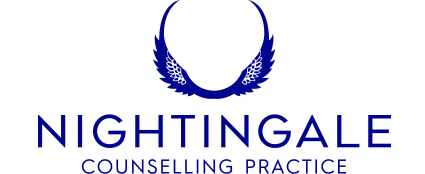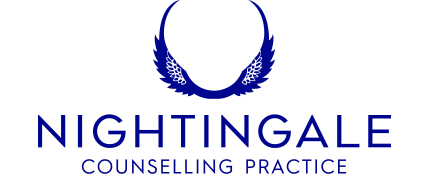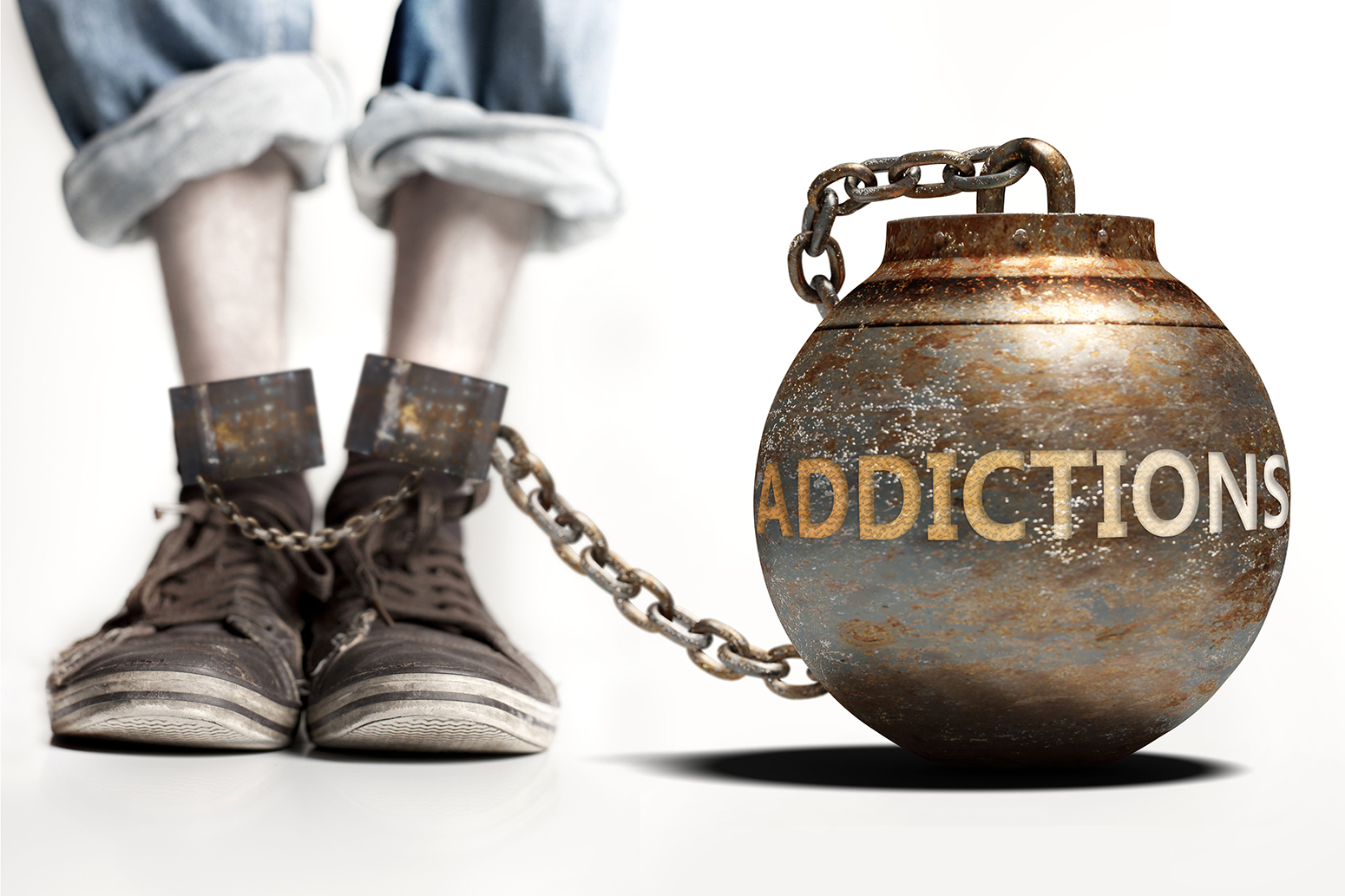The following article was written by someone who has suffered with addiction. The person is 31 years old, and at the time of writing, is celebrating 50 days of sobriety.
“The perception of addiction has long existed as being an affliction of the morally deficient, the self-inflicted lifestyle of the depraved, people too weak or unwilling to help themselves. This perception is wrong – and it is costing lives.
Addiction is a disease – a disease that tells you that you do not have a disease; a disease that manifests itself in obsession and compulsion; a disease that masquerades as choice – and a disease that ultimately kills as freely as any other. The idea that the insane behaviours of an addict could be viewed as anything other than the result of a mental health disorder, is baffling. It is a progressive illness, a slow suicide with an audience – and this is where the real tragedy lies – there is time enough to intervene, but so many people are left without the proper help.
The stigma of addiction
The negative perception of addiction may have lessened over the years as society has progressed, but there is no denying that it lingers. It underpins and is reflective of the continued lack of understanding and care available. Stigma is resilient, borne from generations of misinformation, pervasive and very difficult to remove. This is why it is so imperative that more is done to educate.
I can speak on these things with some level of authority, as I am an addict. As well as this I am lucky. I was able to spend twenty-eight days in a treatment centre for my addiction when it had all but consumed me; I underwent a detox with controlled medication and supervision; I attended group therapy, spent time with other addicts, all of us learning to understand our disease and the tools to hopefully manage it in the future. Simple but seismic. Paid for. I am lucky enough to have a dad who was able to afford the cost of the treatment centre – not exorbitant in comparison to what it has given me, but an impossible amount to find for most. It is close to phenomena that so many addicts are deprived such simple and effective care on the basis of money. We can circle back to the stigma.
So, what do you do if you are an addict desperate for help without the means necessary for the proper care? You go to your GP, who may liaise with your local addiction service. You will likely be advised to begin a home reduction plan (if your addiction requires this – alcohol, opioids etc.). It is no small task to ask this of an addict. Yes, it is doable, but an addict handling their own detox – with the risk of seizure if they get it wrong – is a frightening prospect. If this is somehow managed alone, the next step is staying stopped. Whilst the programs available to achieve this are the same for all addicts – treatment centre or not – the chances for success without having had the extended and strictly regulated period of intensive therapy are far lower.
If all else fails, you may be given a prescription for depression or sent for psychiatric evaluation – both readily offered and both completely pointless whilst in active addiction. How can you diagnose something relating to the mind or to mood when they are in an altered state? I do not say this carelessly, I have been prescribed both and they did me more harm than good, and it is indicative of the level of the mishandling of addiction.
The need for change
We have a tireless health service in this country, that we should all be proud of, but in regards to addiction – along with the rest of the world – so much more needs to be done in highlighting the true nature of the illness. The preconceptions need shattering and addiction needs to be recognised for what it is.
As part of my recovery support program I reached out to Nightingale Counselling and I’m glad I did.”
If you or someone you know is suffering with addiction, please get in touch with the Nightingale Counselling team today. Either use our Contact Page or call us on 0141 353 9373.


